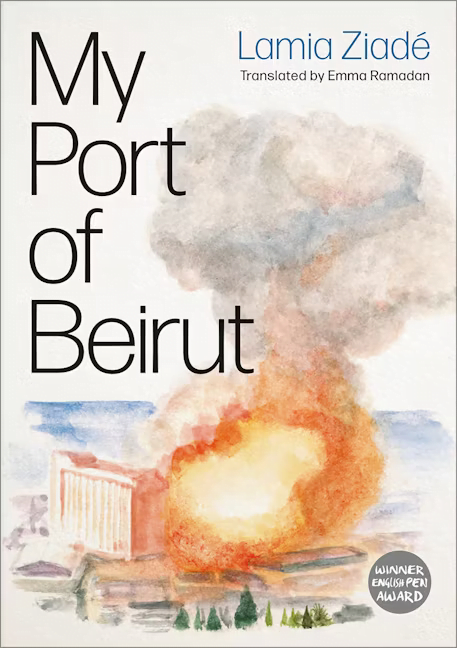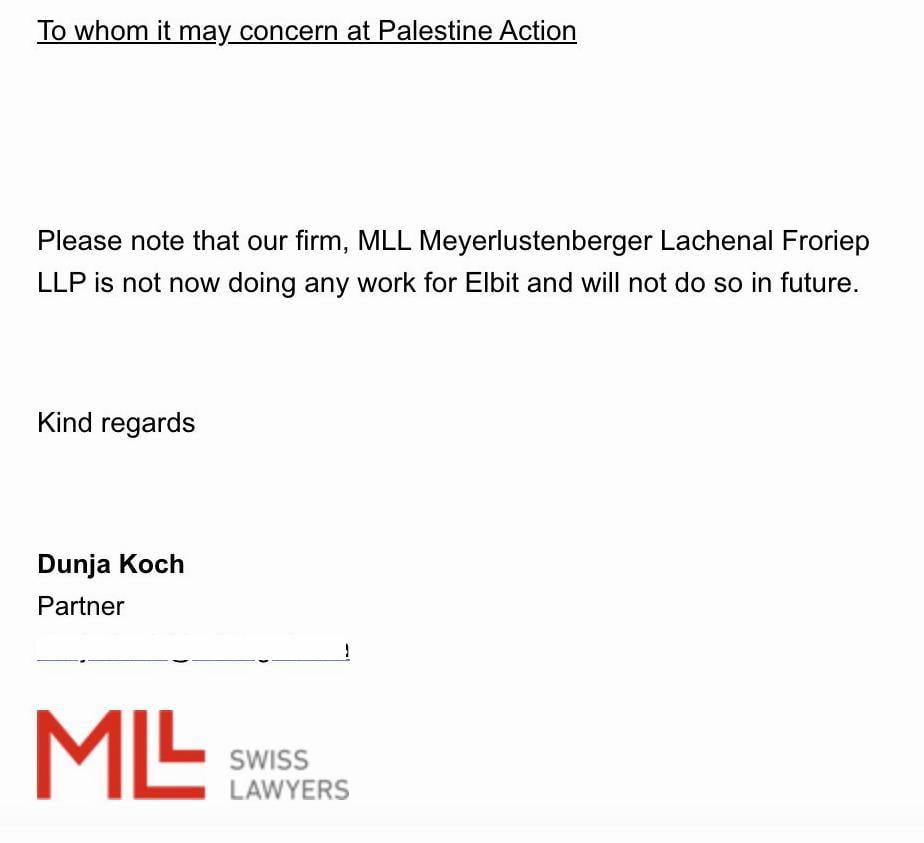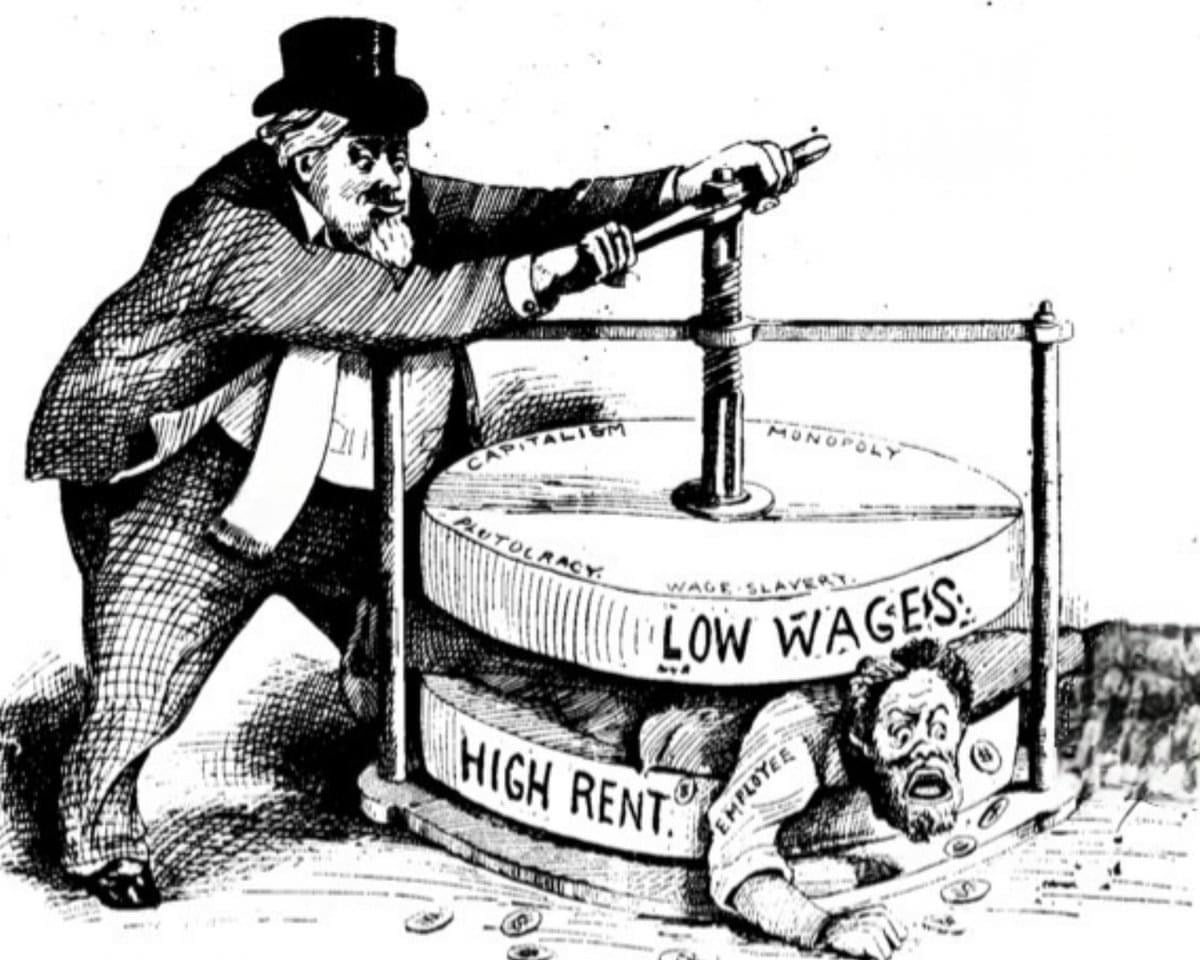Elizabeth Alexandra Mary Windsor (known as Queen Elizabeth II outside of anarchist circles) has died at the age of 96. She will be remembered primarily for remaining quiet during the horrors committed in her name over her long reign.
She came to the throne in 1952 at the age of 25. Educated by Eton’s Vice-Provost in constitutional matters, she was thoroughly prepared by the state for the role of perpetuating its injustices. This was a role she performed with great skill and obedience. One element of non-conformity though, was her inability to keep out of politics. Over the years a growing body of evidence has emerged showing how she unconstitutionally and continually interfered with government, particularly to provide herself and her heirs with prejudicial favouritism in tax affairs.
She suffered periods of deep unpopularity during her reign. In 1992 for example, the public baulked at the idea of paying for a rebuilding of Windsor Castle, after it was gutted by fire. Correctly, the British people realised that to suffer a serious fire in just one of your 30 castles, palaces and assorted residencies, was not the same as the suffering most of them felt on a daily basis.
Further unpopularity was assured when she displayed inhuman emotions towards the death of her former daughter in law, Diana Spencer, in a car crash, in Paris in 1997. She was saved by the public relations of the New Labour government who intervened and wrote a script for her to read out on live television. The change in approach worked, her popularity increased but the suffering of the people continued.
Windsor will also be remembered as the monarch who reigned during the collapse of empire. Since 1952 the size of the empire diminished, shedding dozens of colonies but never shedding the horrors it created. Some of these happened under her reign and without her speaking up. The uprising in Kenya from 1952 to 1960 saw hundreds of thousands of people detained in concentration camps by British troops, acting proudly in her name. Testimony shows Mau-Mau prisoners suffered a range of abuses: sexually assaults, including castration and rape, being set on fire, some were flogged to death, burned with cigarettes, while others dragged from the back of vehicles and bayoneted. This is not an exhaustive list of the crimes against humanity committed by the British, under her name in Kenya. It barely scratches the surface of the evils of the British Empire, within living memory.
In 1965, the Labour government of Harold Wilson handed the Chagos Islands to the USA, for them to have an air force base. Again, this was completed in Windsor’s name. The local population, living on the islands for generations would at first be persuaded off the islands, and later coerced. The British knew that the people living there were extremely attached to their pet dogs. This is, of course, normal in human beings everywhere. When they refused to leave the islands, the British had the pets rounded up and gassed them to death. People were later settled in Mauritius and some made the journey to the UK and continue to campaign for a return to their home. Again, this barely scratches the surface of the horrors committed by people acting in her name.
Is it fair though to associate her with these atrocities? Totally. Windsor embodied the British state. There is no excuse for her in not being aware of what was being done. She is beyond being complicit in these crimes: she was these crimes. Monarchy is an abusive relationship between citizens and state, and no place can this be seen more readily than in the quashing of popular uprisings. If someone acts in your name, the first concern must be around their ethics and their legitimacy in doing so. It was literally her job to embody these acts. From police officers, combat troops, politicians and beyond, many people in the British state must pledge their allegiance to the monarch. They act in the name of that monarch. They do the work of the monarch so that the monarch can be idle, whilst they appear to have a job opening hospitals and dealing with paperwork.
The various strikes and riots in the UK during her time as head of state, put down with brutal force by the state and dissent crushed by a willing media are testament to the fact she was willing to stand idly by while she increased her wealth at the expense of the people. She had nothing to say, and she did nothing about, poverty. Likewise, the pursuit of rights for marginalised groups was something she was willing to ignore, in favour of a status quo that she benefited from in large degrees.
In recent years, it has become apparent that both her, and her heir, the new “King” Charles, have increasingly interfered in politics to their own advantage. For her part she exercised an effective veto on legislation that could harm her interests. The monarch’s consent is needed for legislation that may impact the powers of the royal prerogative, the Duchy of Lancaster, the Duchy of Cornwall (of which Charles was the head), hereditary revenues and personal or property interests of the Crown. Taken at face value this is a huge amount of government business. It has emerged over time that it has been interpreted widely and that offered Windsor the chance to thoroughly meddle her way through legislative proposals, preventing any laws from even being discussed, should they displease her.
In early 2021 it emerged that a little known parliamentary device, known as Queen’s Consent, has been deployed throughout her reign. The government has to request Queen’s Consent for any legislation that may impact upon the Monarchy, including their land and business interests. An investigation by The Guardian gained the response from Buckingham Palace that Windsor had never blocked any legislative proposals. However, it also showed that Windsor had, in fact, insisted on changes to draft legislation prior to it being introduced in Parliament. There have been dozens of examples of Windsor using this power to protect her own business interests and make her and her family exempt from the laws everyone else has to live by. By any standards, it is an astonishing abuse of power. The investigation showed that Windsor made herself exempt from approximately 160 laws during her meddlesome reign.
Windsor is reported to have a favourite son. Not her heir, Charles, or failure Edward, but arms dealer and suspected rapist Andrew. When he hit the headlines for allegedly having sex with a minor, she sheltered him from any legal proceedings by first allowing him to take a back seat on royal duties. She did what she did her entire life: she assumed that her and her family were above the law. The allegations were subject to an out of court settlement resulting in Windsor paying him the £12m he needed to end the proceedings against him. This was an astonishing moving of what should be seen as public money simply to prevent justice.
Windsor will be momentarily lauded by the mainstream, patriotic media. Prominent politicians will gush about her ‘devotion to duty’ and decades of service. They will point to her taking her vows seriously. Over time through, another picture will emerge. It will be a picture of broken bones and shed blood, an image of poverty and destitution, a view of people displaced and pleading for help. Through it all, it is an image of a woman standing resolutely, interested only in her own wealth and power, her hand over her ears, her eyes blindfolded. The evil of a monarch is over but the evil of monarchy continues. Hers was the sort of reign that convinced the public that all was well when it wasn’t. The institution will change but the crimes against all subjects of the British monarch will not. It will only be ended by us, wherever we sit as subjects in Britain and around the world.
Illustration: oneslutriot








